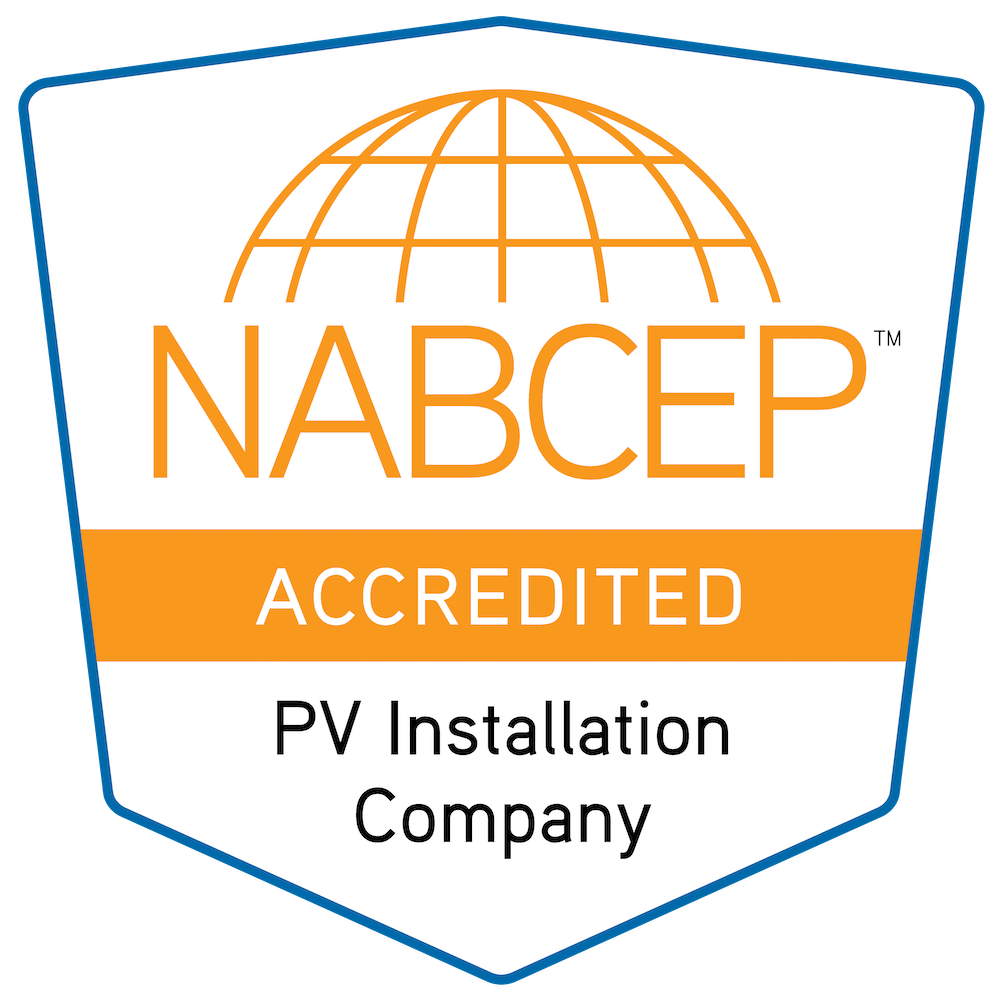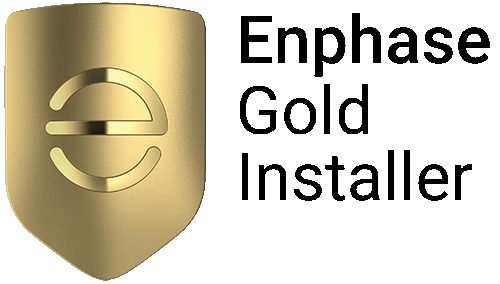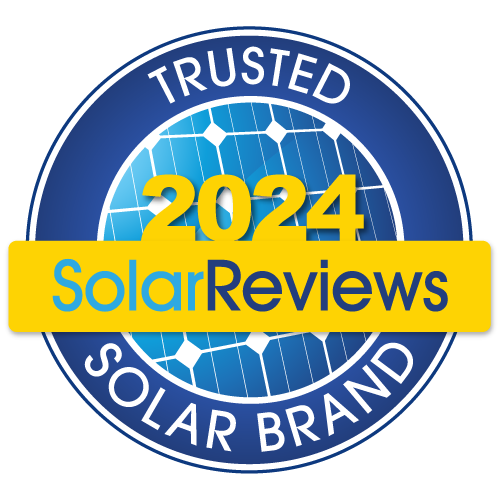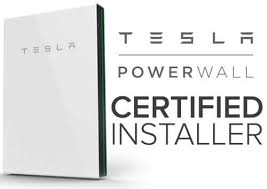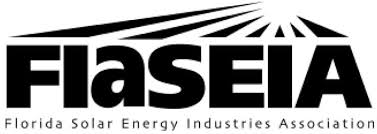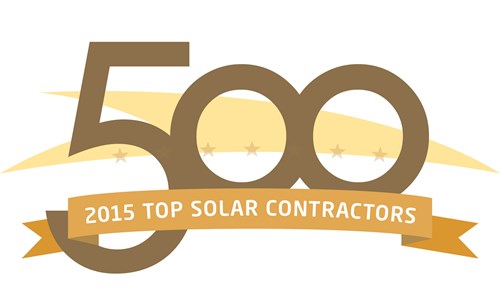A1A Solar explains what you need to know
 Since the 1800s, physicists such as Heinrich Hertz, Alexandre-Edmond Becquerel, Max Planck and Albert Einstein have studied the effect of light and how to harness it into energy. Fast-forward to the 21st century. We are now using this same research to power homes and businesses with rooftop solar panels.
Since the 1800s, physicists such as Heinrich Hertz, Alexandre-Edmond Becquerel, Max Planck and Albert Einstein have studied the effect of light and how to harness it into energy. Fast-forward to the 21st century. We are now using this same research to power homes and businesses with rooftop solar panels.
Perhaps you’ve seen solar panels in different neighborhoods. Maybe a commercial or ad got your attention. You may be wondering how they work. More importantly, are they right for you?
The basics of rooftop solar panels
- The sun rises each day. When it does, it shines particles of light called photons.
- Photons hit the crystalline photovoltaic cells, which are part of the solar panel. These are the same kinds of cells that are in calculators and rechargeable flashlights.
- Solar panels convert those photons into electrons of direct current (DC) electricity.
- The electricity is changed from direct current energy, which is the type used in batteries, into alternating current (AC) power. This is the electricity used to power your lights, television, microwave, etc.
- A net-energy meter measures how much power your solar panel system produces. Any excess power generated that you don’t use goes back into the electrical grid that everyone uses. On days that are overcast or rainy, when you cannot draw enough energy from sunlight, you will get your electrical power from the grid. In other words, there is a seamless connection so your utility needs are always met.
- Everyone wins. You use less power from the utility company, drastically reduce your electricity bill and help the environment at the same time.
Benefits of rooftop solar panels
- Clean energy from the sun helps combat greenhouse gases and decreases our dependence on fossil fuel sources.
- Low maintenance costs and a long lifespan. Solar panels are quiet and there are no moving parts to break down. When kept clean and free from debris, you can expect your rooftop solar panels to last 15 years or longer.
- As one of the most widely used renewable energy sources, solar panels are popular and trustworthy.
- Solar panels are easily installed anywhere with no large-scale systems or power sources required. This makes them ideal for remote locations or areas where it would be difficult to run additional power lines.
- Due to higher demand, the technology and cost-savings have improved significantly.




